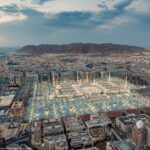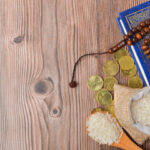‘….reciting the verses of Allah during periods of the night and prostrating [in prayer].’
Quran [3:113]
The days of the Islamic calendar start at sunset, which is why the Islamic calendar is a lunar one, when the moon can be observed. The dates of the lunar month change each year when compared to the solar calendar, by about 11 days.
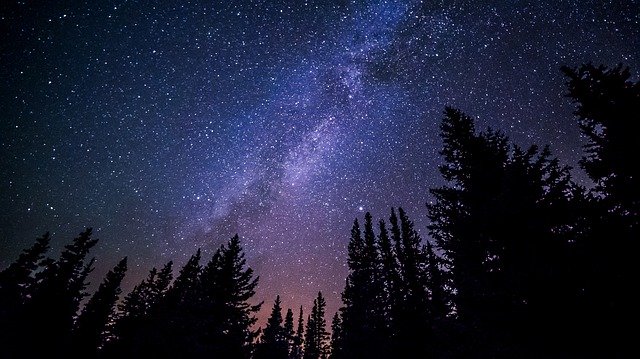
Muadh ibn Jabal (RA) was once walking with the Prophet (SAW) when the Prophet said: Shall I not tell you of the gates of goodness? Fasting is a shield; charity wipes out sin and the prayer of a man in the depths of the night.’
‘Indeed, your Lord knows, [O Muhammad], that you stand [in prayer] almost two thirds of the night or half of it or a third of it, and [so do] a group of those with you….’
Quran [73:20]
Night verses in Quran
There are over 95 verses in the Quran that mention night in them. They include:
‘And rise at ˹the last˺ part of the night, offering additional prayers, so your Lord may raise you to a station of praise.’ (17:79)
‘There is also a sign for them in the night: We strip from it daylight, then—behold!—they are in darkness.’ (36:37)
The Prophet’s prayer at night
This Surah was one of the first to be revealed yet as we can see the Prophet (SAW) was spending almost two-thirds of the night even at this early stage in the worship of Allah. What was he praying? He was glorifying Allah almost certainly and pondering over His greatness. We can do the same even if we don’t remember so many lengthy Surahs to recite in prayer. We can still glorify Him and reflect on His Attributes and sing His praises.
Aisha (RA), being the wife of the prophet (SAW) and mother of the believers speaks of her experience of the Prophet of Allah in regards to praying at night. At times he would whisper into her ear saying ‘allow me to worship my Lord.’ Before looking at the worship, just look at how kind and thoughtful he was to his wife, asking her permission to leave the bed. He would stand up in prayer and weep till he would soak his beard, and then weep and soak his lap, then would weep more and the soil beneath his feet would be soaked.
Ibn Rajab said ‘Those who have not enjoyed the sweetness of calling Allah Almighty and are not part of that caravan, they will not know what it is that makes the worshippers cry.’
Some pious persons of previous years used to say, they walked through the city of the Prophet (i.e. Madinah) during the night hours and from every house they walked past, they would hear the recital of Quran. During those times no one would sleep around the time of sahr – the hour before the beginning time of Fajr salaah. The city was buzzing with people praying Quran in their houses in the dead of night.
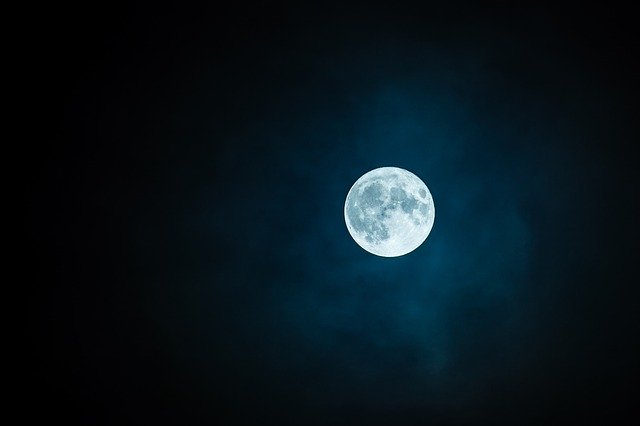
Sunnah Surahs recited at night
In the Sunnah (practice) of the Prophet (SAW), it is recommended for Muslims to recite certain verses when going to bed. These are:
- Ayat ul Kursi (2:255)
- The last two verses of Surah Baqarah (2:285-286)
- Surah al Kafiroon (No. 109)
- Surah Ikhlas and al-Mu’awadhatayn (the last three Surahs in the Quran 112, 113, 114)
The above should take no more than 3-4 minutes to pray and can be prayed by memory.
It is also mentioned that Surah al-Isra (Chapter No. 17) and Surah al-Zumar (No. 39) were recited by the Prophet before going to sleep.
In another hadith in Tirmidhi, it is mentioned that Rasulullah (SAW) used to recite Surah Sajdah (No. 32) and Surah Mulk (No. 67) before he went to sleep.
Special night prayers
‘Indeed, We sent the Quran down during the Night of Decree.’Quran [97:1]
Taraweeh – The unique month of Ramadan brings with it the taraweeh Salah where in most cases the whole of the Quran is read out loud inside Salah in congregation. For those who haven’t had the chance to listen to the Quran in full during the year, this is the time to enjoy praying or listening to it. Lucky are those who join this prayer from the very beginning listening to every letter of the Quran while in Salah.
Tahajjud or Qiyam ul layl – The Prophet (SAW) said the best Salah that anyone can pray outside of the obligatory prayers is Qiyam ul layl. He also said: ‘Hold tight to the night prayer, for it was the way of the righteous before you, a way of drawing closer to your Lord, an expiation for wrong deeds, and a shield from sin.’ (Tirmidhi). One thing to note, the time of tahajjud prayer is a broad time and it starts from the end of Isha to the beginning of fajr time, and this Salah is truly one for Quran lovers who pray to Allah when the world sleeps.
Efforts of Pious people
It wasn’t just the Prophet (SAW) and his companions (RA) who were praying at night, all of those who wanted to play an active role in reforming themselves, their families and wanted to establish their homes in the hereafter, they all had a portion of the night, whether it was long or short, they did not deprive themselves from moments calling on their Lord, weeping and beseeching under the veils of night.
‘Indeed, the hours of the night are more effective for concurrence [of heart and tongue] and more suitable for words.’
Quran [73:6]
The scholars say, the night is a testimony of a person’s love. So whatever a person loves, you’ll see they usually devote their night to that.
It’s said about Abu-Muslim Al-Khawlani who came after the time of the Prophet that when he was in prayer at night and felt fatigued, he would actually hit himself on the feet and say ‘do the companions (RA) of the Prophet (SAW) think they’re going to have him all to themselves? No, by Allah, we are going to compete with them so that they know that the people who came after them were people of determination and of high aspiration.’ Should we not at least spend some time of the night, therefore, standing in prayer to our Creator, praising and worshipping Him?
The efforts of these pious people were certainly great and you may think that they were suffering and not enjoying this worship. But on the contrary, even though there was physical hardship, their actions were the peaks of pleasure and the height of ecstasy for them and they derived huge satisfaction from their devotion.
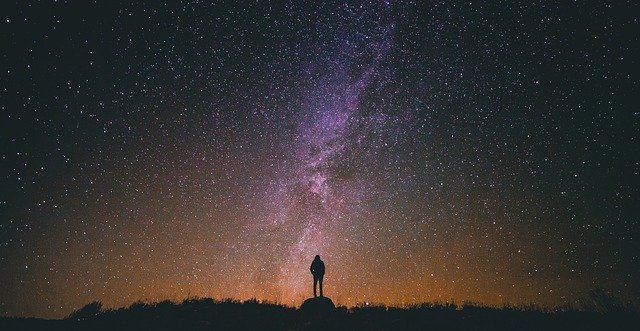
Holy nights in Islam
27th of Rajab.
The month of Rajab has a general meaning of ‘to respect’ and is regarded by the Prophet (SAW) as the month of Allah. Specifically, it contains a sacred night – 27th on which the Prophet (SAW) was taken by Angel Jibril (AS) first on ‘Isra’ (journey) from Mecca to Jerusalem where he lead the prayers with all the previous Prophets praying behind him. Then, on the same night, he went on to ‘Me’raj’ (ascension) from Jerusalem to the heavens, till he was honoured with meeting Allah. Muslims are encouraged to mark this night with prayer and recital of the Quran.
15th of Sha’baan.
This month is commonly known as the month of the Prophet (SAW) and contains a night, being the 15th, in which Muslims ask for Allah’s forgiveness and blessings by spending as much time as they can in His worship and recitation of the Holy Quran. This comes from a hadith of the Prophet (SAW) who said: ‘In the fifteenth night of Shabaan, Allah manifests and forgives all His creation except for the Mushrik (idolator) and the spiteful.’ (ibn Majah).
The Night of Power (Laylat ul Qadr).
This night falls in Ramadan, the holiest month of the Muslim calendar and the month of fasting. It is a highly rewarding night that involves constant remembrance of the Creator through prayers and Quran reading and reflection. It is the night in which the Quran was revealed. This one night is better than a thousand months in terms of reward.
It is the night in which the Quran was revealed on the Prophet (SAW) for the first time, which is the guiding source for Muslims around the world. There is no defined night that is universally agreed upon but the Prophet mentioned looking for it in the odd numbered nights of the last ten days of Ramadan.
The nights preceding the two Eids.
The Prophet (SAW) said: Whoever stands up (in worship) in the nights preceding the two Eids expecting rewards from his Lord, his heart will not die when the other hearts will die. (ibn Majah)
‘Establish prayer at the decline of the sun [from its meridian] until the darkness of the night and [also] the Quran of dawn. Indeed, the recitation of dawn is ever witnessed.’
Quran [17:78]
